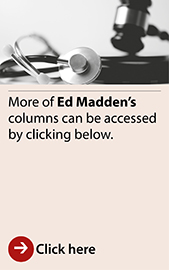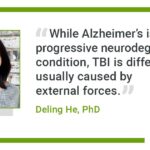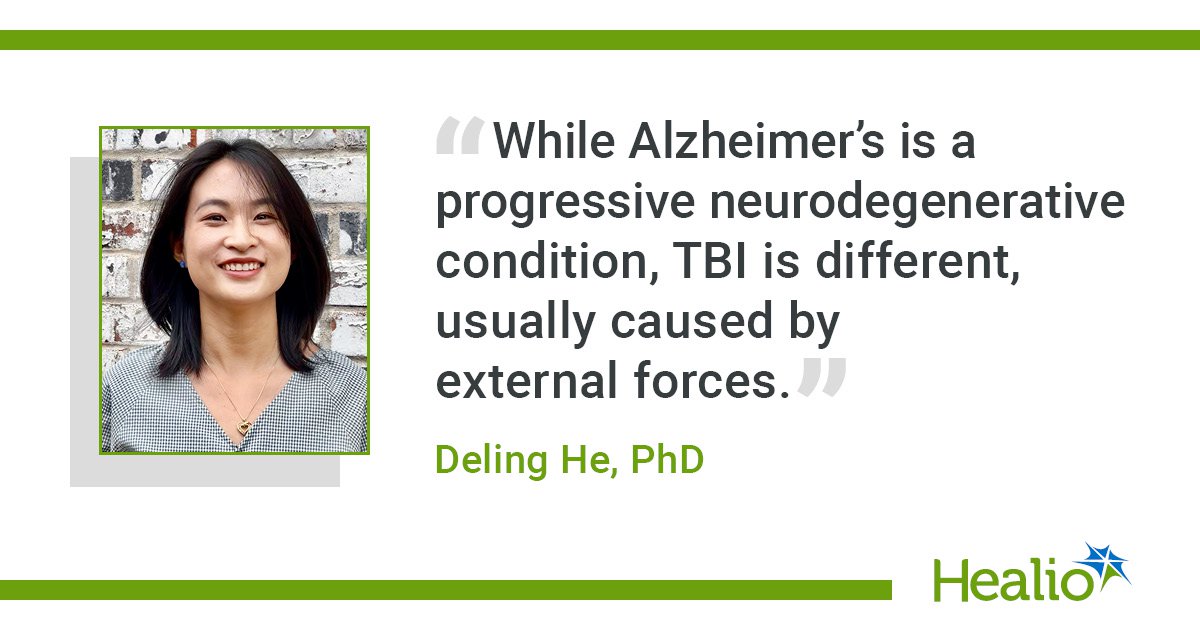Ed Madden, BL, looks at a recent England and Wales High Court case in which the parents of a 17-year-old child sought a declaration that she lacked capacity to consent to Hormone Replacement Therapy
In June 2025, the Family Division of the England and Wales High Court delivered its judgment in a case in which the parents of 17-year-old BTN (‘B’) brought an application for orders under the Children Act 1989 and/or the inherent jurisdiction of the Court, seeking declarations that B lacked capacity to consent to the medical treatment she was receiving. This comprised Hormone Replacement Therapy (‘HRT’) which, in the present context, ‘fits broadly within the category of ‘cross-sex hormone gender-affirming treatment’.
 When the case came on for hearing, each of the parties was represented by counsel. In addition, B was supported by a court-appointed Children’s Guardian. The Court was told that B, who lived at home with her parents, was born male but had identified from a relatively early age as female. Since October 2024, she had been prescribed spironolactone and oestrogen for gender congruency by an NHS GP; this is characterised as a ‘bridging prescription’ pending referral to specialist gender services. The treatment had been provided to her based on an ‘informed consent’ model of care, by which B completed a self-assessment form in September 2024 ‘and forged her mother’s signature’.
When the case came on for hearing, each of the parties was represented by counsel. In addition, B was supported by a court-appointed Children’s Guardian. The Court was told that B, who lived at home with her parents, was born male but had identified from a relatively early age as female. Since October 2024, she had been prescribed spironolactone and oestrogen for gender congruency by an NHS GP; this is characterised as a ‘bridging prescription’ pending referral to specialist gender services. The treatment had been provided to her based on an ‘informed consent’ model of care, by which B completed a self-assessment form in September 2024 ‘and forged her mother’s signature’.
The present proceedings were running in parallel with an application by B’s father in the Administrative Division of the High Court for permission to apply for judicial review of the decision of B’s GP to prescribe HRT to children and young people who seek gender-affirming treatment. Those proceedings were adjourned pending the outcome of the applications in the Family Division.
Primarily, the current hearing (a case management hearing) was concerned with whether permission should be given under section 13 of the Children and Families Act 2014 (‘the 2014 Act’) for the instruction of expert evidence in the proceedings. All parties agreed that it was necessary for permission to be given to instruct an expert endocrinologist to assist the Court, although there was a dispute as to who that person should be.
The parents also applied for permission to instruct an expert psychiatrist to assess whether B had capacity to take decisions with respect to HRT and with regard to the psychiatric impact of continuing such treatment. B, with the support of her Children’s Guardian, opposed the instruction of a Consultant Psychiatrist, claiming that such an approach was unnecessary. There was also a submission on behalf of parents that each side should be granted permission to instruct its own experts.
 Giving his judgment in the case, Mr Justice MacDonald said it was readily apparent from the material before the Court that the parents wished the Court to examine wider questions of policy with respect to gender-affirming treatment. That was not the role of the Court. Matters of policy concerning such treatment were the province of Parliament, the NHS, and other bodies, including regulators. The present case was not a forum for determining wider political, social or philosophical questions arising from the treatment in question. The Court was concerned only with the best interests of B, insofar they were engaged by the applications made by her parents.
Giving his judgment in the case, Mr Justice MacDonald said it was readily apparent from the material before the Court that the parents wished the Court to examine wider questions of policy with respect to gender-affirming treatment. That was not the role of the Court. Matters of policy concerning such treatment were the province of Parliament, the NHS, and other bodies, including regulators. The present case was not a forum for determining wider political, social or philosophical questions arising from the treatment in question. The Court was concerned only with the best interests of B, insofar they were engaged by the applications made by her parents.
The Court did not consider it necessary to instruct an expert psychiatrist either on the issue of B’s capacity or the question of her best interests. She had already been assessed as competent to instruct her own solicitor in the proceedings. The overall assessment of the Children’s Guardian was that B was a mature and measured young person who had thought deeply about her situation and what she wanted from life; she had not started taking HRT lightly.
The judge was satisfied that it was appropriate to give permission to instruct a named expert endocrinologist. Each party had nominated its own doctor of choice. While both doctors were eminently qualified, the Court, having regard to the facts of the present case, preferred the expertise and clinical focus of the doctor nominated by B. He would be instructed by way of a single joint instruction based on questions approved by the Court. The judge did not accede to the other proposals advanced on behalf of the parents.
Having considered the position of the parties, the judge was satisfied that questions related to the benefits and risks to B in various scenarios fell to be addressed in the report of the expert endocrinologist. These included the benefits and risks to B of the HRT treatment she was currently receiving; the benefits and risks to her of continuing that treatment; and the benefits and risks to her in ceasing that treatment. The expert would also be asked to comment on any other matter within the compass of his expertise that he considered relevant to the Court’s determination of the proceedings.
In concluding his judgment, Mr Justice MacDonald emphasised once again that the case was about one thing and one thing only, namely, B’s best interests. It was not as had been described in some correspondence seen by the Court, a ‘landmark’ case. It was already difficult for young people when their parents decide to engage lawyers and commence litigation as a means of challenging their choices.
Those difficulties could only be magnified if attempts were made to use ‘such already emotionally charged family litigation as a collateral means of addressing matters of policy with respect to gender-’affirming treatment’. The Court would not permit that to happen. ![]()
Reference: [2025] EWHC 1325 (Fam).










